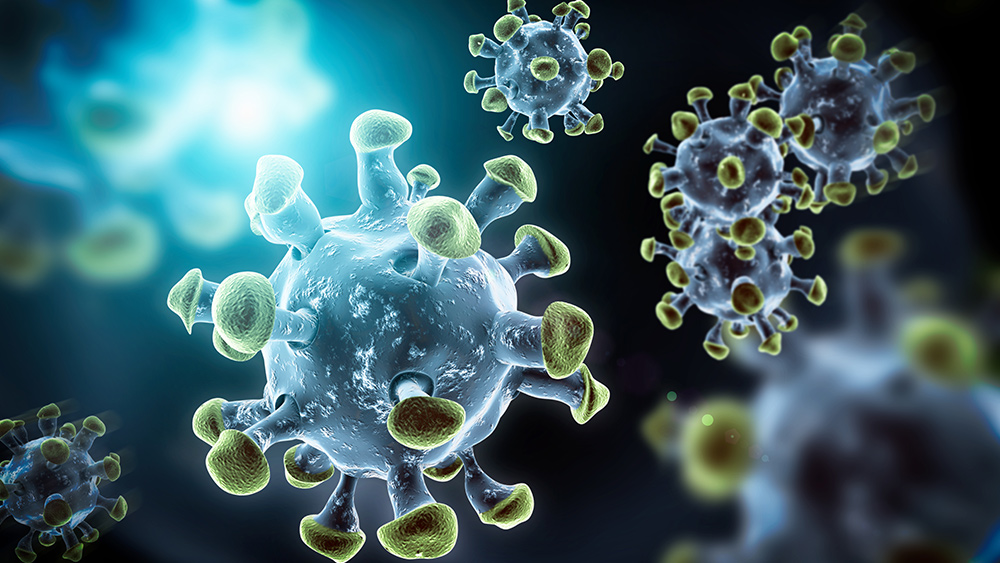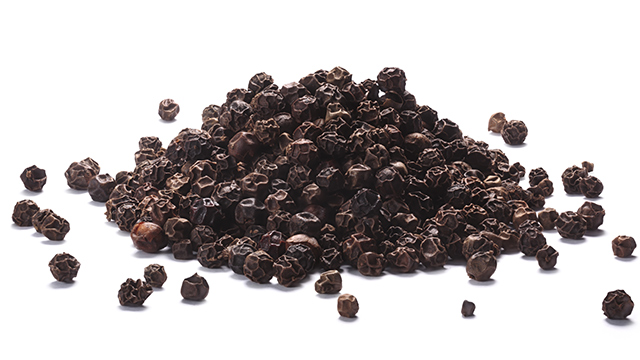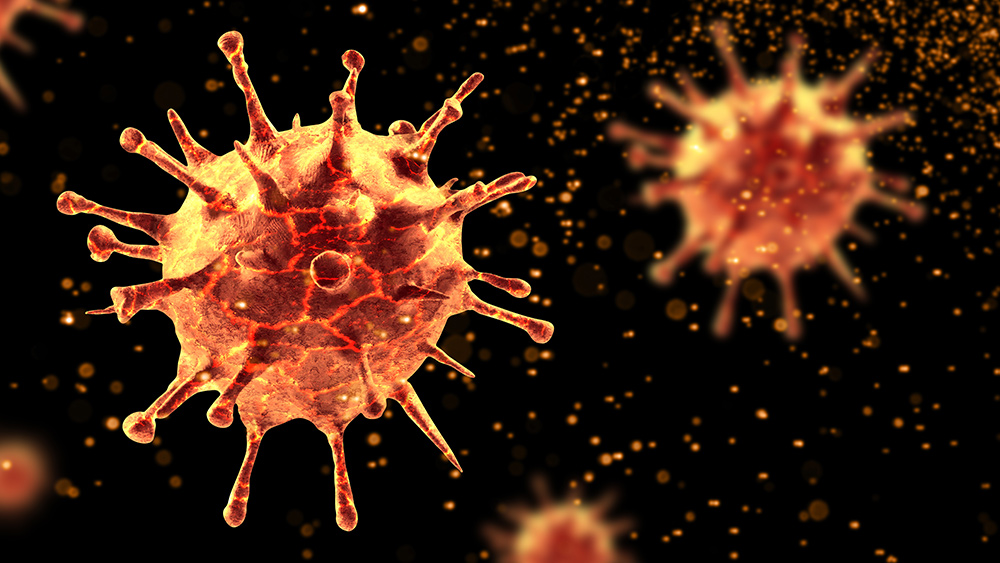Compound in daffodils can improve sleep, trigger lucid dreams
03/22/2020 / By Ralph Flores

Scientists have found that a compound from daffodils can help people experience lucid dreams more frequently. In a study published in the journal PLOS ONE, U.S. researchers showed the effects of galantamine — a plant compound used to treat Alzheimer’s disease — can enhance brain function through acetylcholinesterase inhibition (AChEI).
“[Galantamine] substantially increases the frequency of lucid dreams with a minimal side effect profile, suggesting it is well-placed as a method for inducing lucid dreams, and has the potential to make lucid dreaming available to a wider population,” the researchers wrote in their report.
Lucid dreams are made of these
Aside from death and taxes, another thing people have in common is dreaming. Experts say that a person can, in fact, spend up to six years of his life dreaming. Many people don’t know that they’re dreaming until they wake up — and forget around 95 percent of their dreams.
A few people, however, can enter a dream and be fully aware of the fact that they are dreaming, a condition sleep specialists refer to as lucid dreaming.
The phenomenon is widely used in popular media like movies and books. But experts are still unclear on how many people experience lucid dreaming. An earlier study in Frontiers in Neuroscience revealed that around 77 percent of its respondents reported experiencing lucid dreaming at least once in their lives.
Beyond controlling the narrative of a dream sequence, researchers are looking at the therapeutic potential of lucid dreaming for mental health conditions, post-traumatic stress disorder and sleep disorders. Furthermore, researchers are looking at the potential of lucid dreaming for boosting memory and learning.
For the study, the team asked around 120 participants who were interested in lucid dreaming to take galantamine capsules before inducing a lucid dream sequence for three consecutive nights. The participants reported afterward that galantamine improved their odds of experiencing lucid dreaming. In addition, those who took galantamine recalled their dreams better and had heightened senses.
According to the researchers, the buildup of acetylcholinesterase (AChE) after taking galantamine could explain why people experienced lucid dreams. Sleep studies show that AChE, as well as its inhibitors and antagonists, is associated with REM sleep.
REM sleep, or rapid-eye-movement sleep, is a sleeping stage wherein the brain is almost as active as when it is awake. According to scientists, acetylcholine and AChE are involved in REM sleep, with the former regulating it. Galantamine, meanwhile, is considered an AChE inhibitor and is used for enhancing memory in patients with Alzheimer’s disease and improving the symptoms of mild cognitive impairment. The compound is also linked to better dream recall, as well as its increased complexity and sensory vividness.
“The increased sensory vividness, bizarreness and complexity of dreams on galantamine are therefore consistent with the general intensification of REM sleep,” the researchers explained. (Related: Want to remember your dreams? Study says foods rich in vitamin B6 help you remember your nighttime adventures.)
Other natural approaches for experiencing lucid dreams
Aside from galantamine, here are other ways for you to improve your odds of experiencing lucid dreaming.
- Meditate. Training the mind to focus and redirect its thoughts can benefit the body in more ways than one. It can help reduce stress and improve blood pressure, to name a few. Meditation can also help a person achieve lucid dreaming, especially if he meditates for 10 to 15 minutes before going to bed.
- Practice good sleep hygiene. Making sure that your bedroom is only for sleeping by removing artificial light sources and keeping your cell phone out of the bedroom can greatly improve your chance of experiencing lucid dreaming.
Learn more about how to improve your sleep at MindBodyScience.news.
Sources include:
Tagged Under: Brain, brain function, Chemistry, daffodils, dreams, flowers, galantamine, lucid dreams, Mind, mind body science, phychemicals, phytonutrients, Plants, research, sleep, sleep hygiene

















